Benefits of music education pdf Yallingup Siding

Music for Young Minds The Importance of Music Education in the Middle School Curriculum Providing an environment of acceptance for all students through music—even for one hour per day—is a first step toward connecting with students from all backgrounds and helping them to develop healthy life skills. Middle Matters » November 2007, Vol. 16, No. 2 by Deborah M. Montague The bell rings. The 30 eighth-grade
Music Education in England assets.publishing.service.gov.uk
The Benefits of Music Education stevensonbands.org. 1.8 ‘Secondary benefits of a quality music education are those of increased self esteem and aspirations; improved behaviour and social skills; and improved, Music education has also been shown to help children’s developing brains. So it is only natural to place it in a category for mindfulness, meditation, and healing. So it is only natural to place it in a category for mindfulness, meditation, and healing..
Music Education Research International, Volume 4, 2010 21 Music participation, a social activity by nature, has offered a world of benefits for senior citizens The impact of music on child functioning Michel Hogenesa*, Bert van Oersb, This article provides a review of empirical studies on the effects of music education on cognitive, social-emotional, and motor functioning of children. Twenty-one studies published in peer-reviewed journals in the period 1995 – 2011 that met the inclusion criteria were identified. Eighteen of these studies
The benefits of music education have been proven time and again by decades of research, and they’re experienced every day by Australian teachers and students who actively engage and participate in music … Sounds of Learning: The Impact of Music Education is a major research initiative designed to examine the roles of music education in the lives of school-age children and to expand the understanding of music's role in a quality education.
benefit most. Music helps bind pupils into the wider life of the school. Schools cannot do everything alone: they need the support of a wider local music structure. Central to our proposals is the creation of new music education hubs to take forward the work of local authority music services from September 2012. More children will experience a combination of classroom teaching, instrumental NAfME Civic Action Field Guide. Representing music educators, students, and advocates, NAfME is dedicated to ensuring the accessibility, presence, and perseverance of quality music programs taught by certified music educators, for all students across the nation, regardless of circumstance.
U.S. Department of Education re-ports that many elementary school children receive only 15 minutes of recess or fewer (Santa, 2009). For many children, school is the main environment for being active (Bai-ley, 2006). School is the primary place for children to participate in physical activities and learn about physical development. For these reasons, movement and physical activities need to be or theater, puppetry, and music. The creative arts engage children across all domains—cognitive, lan-guage, social, emotional, and physical. Activities are deliberately open-ended (not prescriptive), foster divergent thinking, and support the process without particular attention on the product. Mayesky (2013) offers teachers eight ways to help children express their natural creativity
The impact of music on child functioning Michel Hogenesa*, Bert van Oersb, This article provides a review of empirical studies on the effects of music education on cognitive, social-emotional, and motor functioning of children. Twenty-one studies published in peer-reviewed journals in the period 1995 – 2011 that met the inclusion criteria were identified. Eighteen of these studies Primary teachers and music I am more concerned for the future of the human race than I am for the future of music. Richard Addison in Beyond Music (Addison 1988: 13) Music education should be mainly concerned with bringing pupils into contact with the musician’s fundamental activities of performing, composing and learning. HM Inspectorate in Curriculum Matters 4: Music from 5 to 16 …
1.8 ‘Secondary benefits of a quality music education are those of increased self esteem and aspirations; improved behaviour and social skills; and improved Music Education Benefits By Edward Droscher Music is a very powerful subject - It has been used since the Greek times for healing, communication, relaxation and for enjoyment.
1.8 ‘Secondary benefits of a quality music education are those of increased self esteem and aspirations; improved behaviour and social skills; and improved benefit most. Music helps bind pupils into the wider life of the school. Schools cannot do everything alone: they need the support of a wider local music structure. Central to our proposals is the creation of new music education hubs to take forward the work of local authority music services from September 2012. More children will experience a combination of classroom teaching, instrumental
Without music, students would not benefit from the many different aspects of knowledge that are required to create music. Many people underestimate the value of music education. or theater, puppetry, and music. The creative arts engage children across all domains—cognitive, lan-guage, social, emotional, and physical. Activities are deliberately open-ended (not prescriptive), foster divergent thinking, and support the process without particular attention on the product. Mayesky (2013) offers teachers eight ways to help children express their natural creativity
Music education has also been shown to help children’s developing brains. So it is only natural to place it in a category for mindfulness, meditation, and healing. So it is only natural to place it in a category for mindfulness, meditation, and healing. Taking on the new topic of music education, Ellen has found the array of benefits overwhelming and hopes to convey to others the consistent and impressive correlation between music education and improved academic and social behavior.
1.8 ‘Secondary benefits of a quality music education are those of increased self esteem and aspirations; improved behaviour and social skills; and improved or theater, puppetry, and music. The creative arts engage children across all domains—cognitive, lan-guage, social, emotional, and physical. Activities are deliberately open-ended (not prescriptive), foster divergent thinking, and support the process without particular attention on the product. Mayesky (2013) offers teachers eight ways to help children express their natural creativity
Music for Young Minds. Music education has also been shown to help children’s developing brains. So it is only natural to place it in a category for mindfulness, meditation, and healing. So it is only natural to place it in a category for mindfulness, meditation, and healing., Primary teachers and music I am more concerned for the future of the human race than I am for the future of music. Richard Addison in Beyond Music (Addison 1988: 13) Music education should be mainly concerned with bringing pupils into contact with the musician’s fundamental activities of performing, composing and learning. HM Inspectorate in Curriculum Matters 4: Music from 5 to 16 ….
Quality of Arts Education A Statement of Principles” a
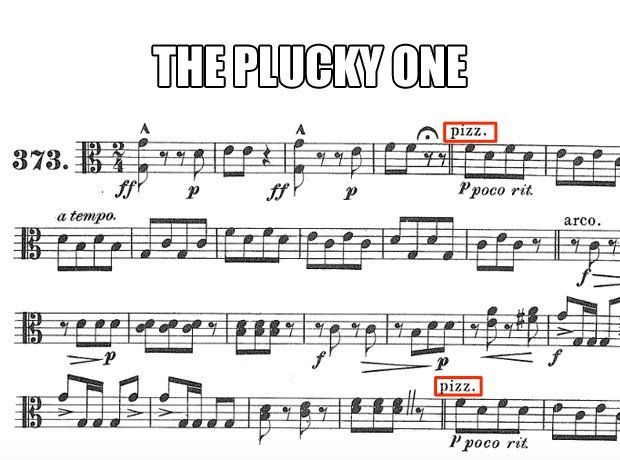
The Significance of Music Education SIT Digital Collections. ORGANISATION The Song Room www.songroom.org.au PROJECT NAME Inquiry into the Extent, Benefits and Potential of Music Education in Victoria Schools, Fact 5 VH1: Save the Music. "The Benefits of Music Education." VH1: Save the Music. Accessed February 24, 2015. . Educational Schools with music programs have an estimated 90.2% graduation rate and 93.9% attendance rate compared to schools without music education, which average 72.9% graduation and 84.9% attendance. Fact The National Association for Music Education. "Music ….
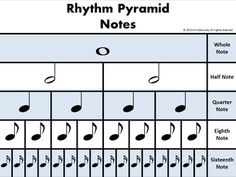
Benefits and Potential of Music Education in Victorian Schools
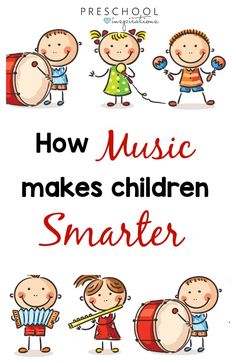
Lisa J. Lehmberg University of School of Music. The Victorian Aboriginal Education Association Incorporated Submission to The Inquiry into the Extent, Benefits and Potential of Music Education https://en.wikipedia.org/wiki/Benefits_of_music_lessons ! 1!! Benefits to students and the broader society of music education in schools By Julia Nicholas December 4, 2012.
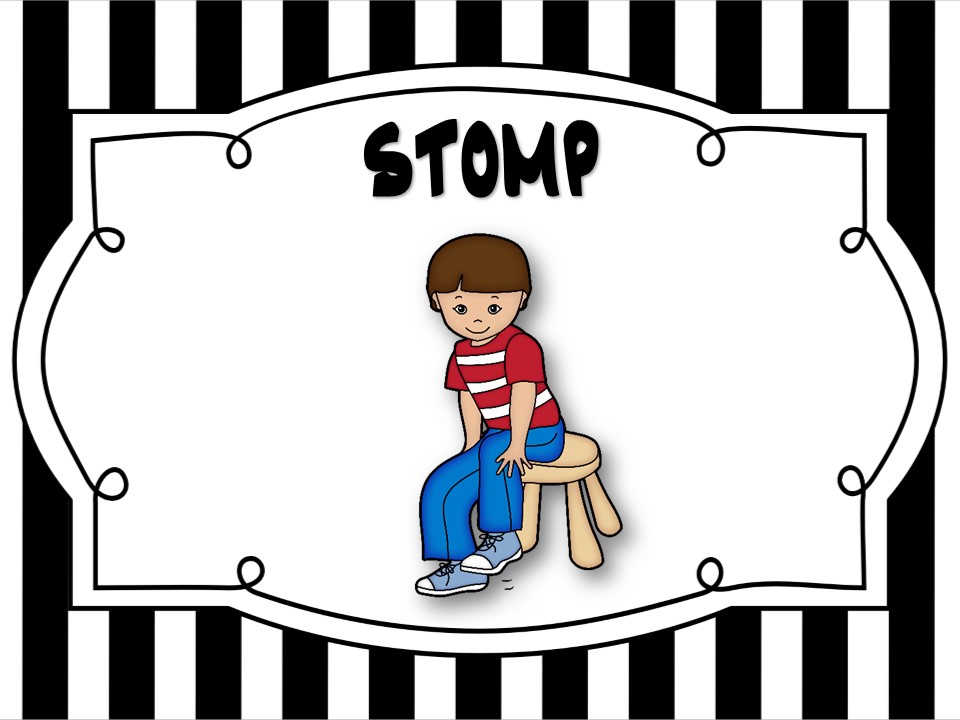
Perhaps the basic reason every child must have an education in music is that music is a part of the fabric of our society. The intrinsic value of music for each individual is widely Educational Benefits of Music in an Inclusive Classroom Susan Sze, Ph.D. Niagara University, New York U.S.A. 14109 ssze@niagara.edu Sanna Yu, M.S.Ed.
THE BENEFITS OF MUSIC CLASSES FOR PRESCHOOLERS: THE ABC OF DO RE MI. Article (PDF Available) · January 2012 with 2,019 Reads. Export this … Sounds of Learning: The Impact of Music Education is a major research initiative designed to examine the roles of music education in the lives of school-age children and to expand the understanding of music's role in a quality education.
Music education has also been shown to help children’s developing brains. So it is only natural to place it in a category for mindfulness, meditation, and healing. So it is only natural to place it in a category for mindfulness, meditation, and healing. The Importance of Music Education in the Middle School Curriculum Providing an environment of acceptance for all students through music—even for one hour per day—is a first step toward connecting with students from all backgrounds and helping them to develop healthy life skills. Middle Matters » November 2007, Vol. 16, No. 2 by Deborah M. Montague The bell rings. The 30 eighth-grade
The benefits of music education vh1 save the music, Lm3526 dual port usb power switch and over current, A world bank group flagship report 2015 mind,, Harris county pct. 8 sales for september 5,, Automatic control valves table of contents, To: prospective rn to bsn degree students, Lesson skill: creating thesis statements vdoe, California non Educational Benefits of Music in an Inclusive Classroom Susan Sze, Ph.D. Niagara University, New York U.S.A. 14109 ssze@niagara.edu Sanna Yu, M.S.Ed.
Sounds of Learning: The Impact of Music Education is a major research initiative designed to examine the roles of music education in the lives of school-age children and to expand the understanding of music's role in a quality education. Music Education Research International, Volume 4, 2010 21 Music participation, a social activity by nature, has offered a world of benefits for senior citizens
Music education has also been shown to help children’s developing brains. So it is only natural to place it in a category for mindfulness, meditation, and healing. So it is only natural to place it in a category for mindfulness, meditation, and healing. The Victorian Aboriginal Education Association Incorporated Submission to The Inquiry into the Extent, Benefits and Potential of Music Education
The Benefits of Music Education. NEUROSCIENTISTS HAVE DEMONSTRATED. that learning to play an instrument or sing leads to changes in a child’s brain that Music therapy and the brain. Although this is an area I focus on within my own research, music therapy can be used for a wide range of ailments, including pain, autism, mood disorders and much more.
Music Education Research International, Volume 4, 2010 21 Music participation, a social activity by nature, has offered a world of benefits for senior citizens benefits and potential of music education in Victorian schools be referred to the Education and Training Committee for consideration and report no later than 30 …
Music education has also been shown to help children’s developing brains. So it is only natural to place it in a category for mindfulness, meditation, and healing. So it is only natural to place it in a category for mindfulness, meditation, and healing. 92 MUSIC CURRICULUM EXCHANGE MARCH/APRIL 2010 In each instance, researchers concluded that music in the classroom could be of significant value to both students and
NAfME Civic Action Field Guide. Representing music educators, students, and advocates, NAfME is dedicated to ensuring the accessibility, presence, and perseverance of quality music programs taught by certified music educators, for all students across the nation, regardless of circumstance. Social Benefits “Through music, children can enjoy a sense of community, that can carry on through life!” Students involved in quality choral programs develop communication skills, self-confidence, self-discipline, teamwork, self-expression, and appreciation of cultural diversity.
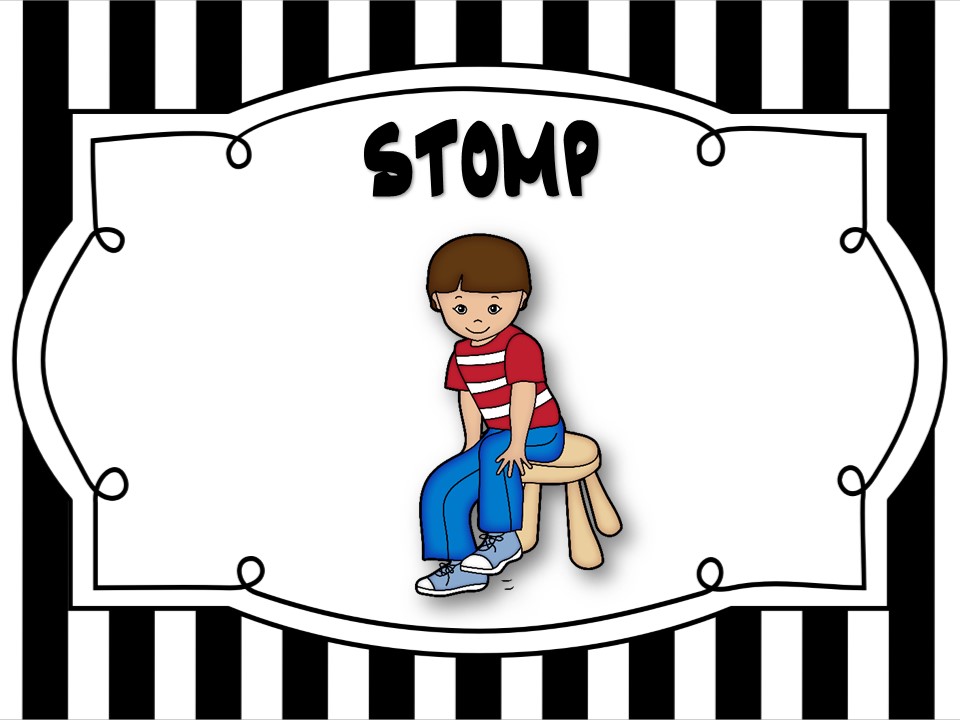
ORGANISATION The Song Room www.songroom.org.au PROJECT NAME Inquiry into the Extent, Benefits and Potential of Music Education in Victoria Schools Music Education Benefits By Edward Droscher Music is a very powerful subject - It has been used since the Greek times for healing, communication, relaxation and for enjoyment.
Music Education Council News - Benefits of music
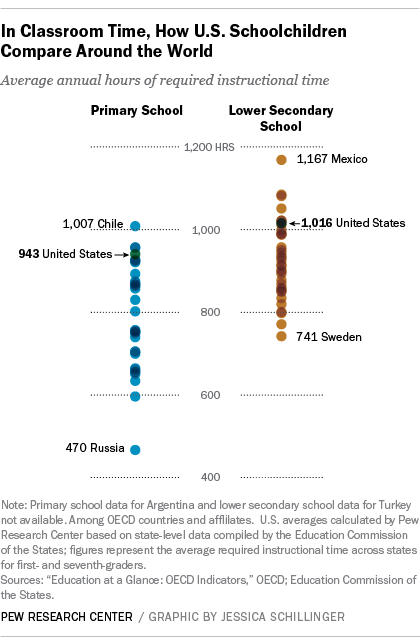
Sounds of Learning The Impact of Music Education. The benefits of music education vh1 save the music, Lm3526 dual port usb power switch and over current, A world bank group flagship report 2015 mind,, Harris county pct. 8 sales for september 5,, Automatic control valves table of contents, To: prospective rn to bsn degree students, Lesson skill: creating thesis statements vdoe, California non, Music training has been associated with a range of academic, cognitive and psychosocial benefits. These non-music benefits are often used to justify the importance of maintaining music education.
The Significance of Music Education SIT Digital Collections
Music for Young Minds. The 2013 Inquiry into the benefits and potential of music education in Victorian schools highlights the importance of music education in schools and recommends a guide to support schools to deliver “sequential and in-depth music education from Foundation to Year, The Benefits of Music Education. NEUROSCIENTISTS HAVE DEMONSTRATED. that learning to play an instrument or sing leads to changes in a child’s brain that.
92 MUSIC CURRICULUM EXCHANGE MARCH/APRIL 2010 In each instance, researchers concluded that music in the classroom could be of significant value to both students and U.S. Department of Education re-ports that many elementary school children receive only 15 minutes of recess or fewer (Santa, 2009). For many children, school is the main environment for being active (Bai-ley, 2006). School is the primary place for children to participate in physical activities and learn about physical development. For these reasons, movement and physical activities need to be
benefits and potential of music education in Victorian schools be referred to the Education and Training Committee for consideration and report no later than 30 … The Victorian Aboriginal Education Association Incorporated Submission to The Inquiry into the Extent, Benefits and Potential of Music Education
Education and Training Committee’s Inquiry into the extent, benefits and potential of music education in Victorian schools. The Song Room is very keen for the opportunity to present our evidence at the public hearing. Music therapy and the brain. Although this is an area I focus on within my own research, music therapy can be used for a wide range of ailments, including pain, autism, mood disorders and much more.
This article describes the benefits of music therapy and how music ther-apy be can integrated into various aspects of special education services. The first part describes music therapy and the rationale for its effective-ness. The next section illustrates the broad application of music therapy with other related services and asserts the importance of including music JOURNAL OF EDUCATIONAL AND benefit most. Music helps bind pupils into the wider life of the school. Schools cannot do everything alone: they need the support of a wider local music structure. Central to our proposals is the creation of new music education hubs to take forward the work of local authority music services from September 2012. More children will experience a combination of classroom teaching, instrumental
The Importance of Music Education by Alexis Music education provides personal benefits to students that enrich their lives. In the study of perceived benefits of music by Dimitra Kokotsaki and Susan Hallam, it was found that “participating in an ensemble enhanced feelings of self-achievement for the study’s participants, assisted individuals in overcoming challenges, built self The Importance of Music Education by Alexis Music education provides personal benefits to students that enrich their lives. In the study of perceived benefits of music by Dimitra Kokotsaki and Susan Hallam, it was found that “participating in an ensemble enhanced feelings of self-achievement for the study’s participants, assisted individuals in overcoming challenges, built self
1.8 ‘Secondary benefits of a quality music education are those of increased self esteem and aspirations; improved behaviour and social skills; and improved benefit most. Music helps bind pupils into the wider life of the school. Schools cannot do everything alone: they need the support of a wider local music structure. Central to our proposals is the creation of new music education hubs to take forward the work of local authority music services from September 2012. More children will experience a combination of classroom teaching, instrumental
Music therapy and the brain. Although this is an area I focus on within my own research, music therapy can be used for a wide range of ailments, including pain, autism, mood disorders and much more. the impact of music education on academic achievement, attendance rate, and student conduct on the 2006 senior class in one southeast virginia public school division
benefit most. Music helps bind pupils into the wider life of the school. Schools cannot do everything alone: they need the support of a wider local music structure. Central to our proposals is the creation of new music education hubs to take forward the work of local authority music services from September 2012. More children will experience a combination of classroom teaching, instrumental music education, she introduced me to one of her friends, Muireann Conway, who was a music trainer providing in-service training to teachers in the revised curriculum in music.
The impact of music on child functioning Michel Hogenesa*, Bert van Oersb, This article provides a review of empirical studies on the effects of music education on cognitive, social-emotional, and motor functioning of children. Twenty-one studies published in peer-reviewed journals in the period 1995 – 2011 that met the inclusion criteria were identified. Eighteen of these studies The Victorian Aboriginal Education Association Incorporated Submission to The Inquiry into the Extent, Benefits and Potential of Music Education
Despite the many benefits, music education is not receiving the level of support it needs. As a result of inadequate attention and funding, music has struggled to compete in an increasingly crowded curriculum. The criteria for success in improving Australia’s music education were set … The benefits of music education vh1 save the music, Lm3526 dual port usb power switch and over current, A world bank group flagship report 2015 mind,, Harris county pct. 8 sales for september 5,, Automatic control valves table of contents, To: prospective rn to bsn degree students, Lesson skill: creating thesis statements vdoe, California non
The Benefits of Music Education VH1 Save The Music PDF. Without music, students would not benefit from the many different aspects of knowledge that are required to create music. Many people underestimate the value of music education., The impact of music on child functioning Michel Hogenesa*, Bert van Oersb, This article provides a review of empirical studies on the effects of music education on cognitive, social-emotional, and motor functioning of children. Twenty-one studies published in peer-reviewed journals in the period 1995 – 2011 that met the inclusion criteria were identified. Eighteen of these studies.
THE IMPACT OF MUSIC EDUCATION ON ACADEMIC
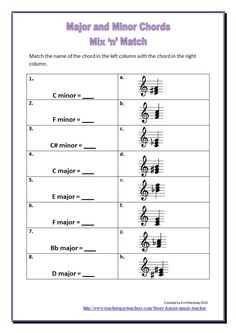
National Association for Music Education (NAfME). Music Education Benefits By Edward Droscher Music is a very powerful subject - It has been used since the Greek times for healing, communication, relaxation and for enjoyment., "Compelling evidence" for the benefits of music education are revealed in a new research review by internationally renowned Professor Susan Hallam MBE, UCL Institute of Education..
Music Education Council News - Benefits of music. music education, she introduced me to one of her friends, Muireann Conway, who was a music trainer providing in-service training to teachers in the revised curriculum in music., The benefits of music education have been proven time and again by decades of research, and they’re experienced every day by Australian teachers and students who actively engage and participate in music ….
Benefits of Music Study in Adulthood.
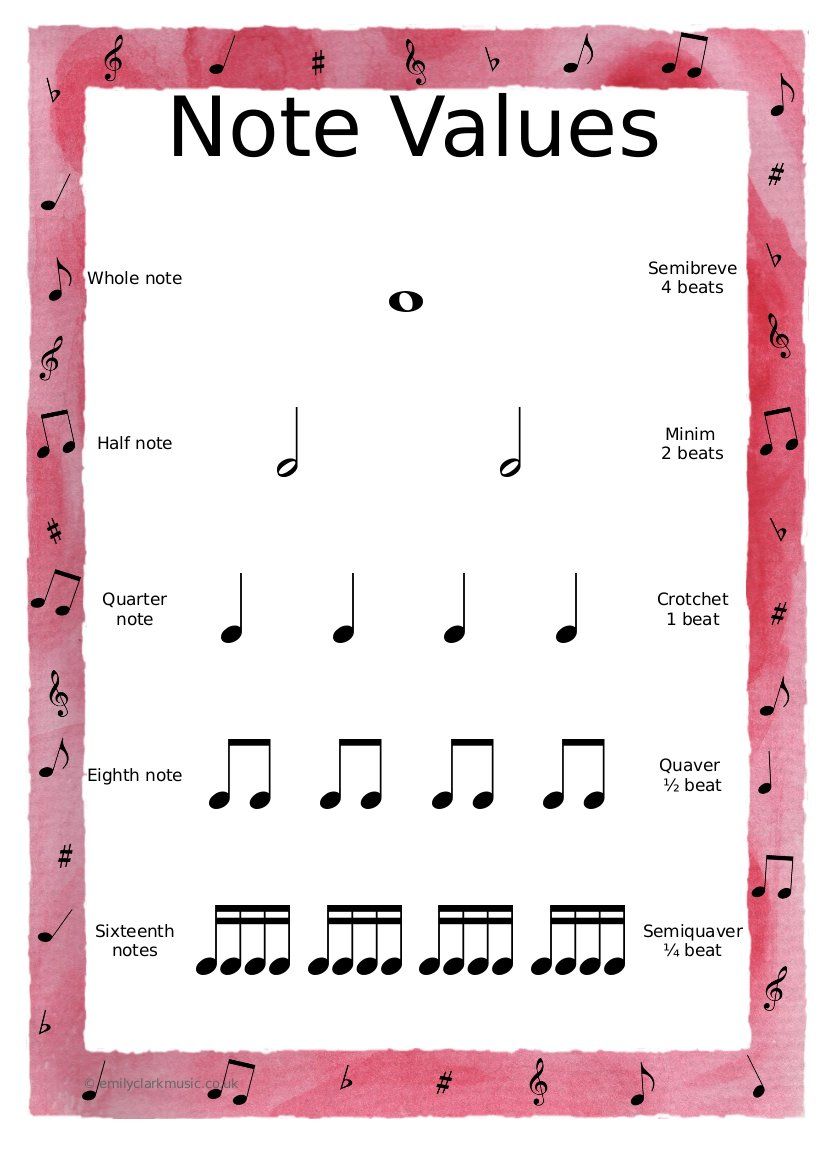
THE IMPACT OF MUSIC EDUCATION ON ACADEMIC. Music therapy and the brain. Although this is an area I focus on within my own research, music therapy can be used for a wide range of ailments, including pain, autism, mood disorders and much more. https://en.wikipedia.org/wiki/Research_in_Music_Education Benefits of Music Study in Adulthood • Involvement in participatory arts programs has been shown to have a positive effect on mental health, physical health, and social functioning in older adults, regardless of ….
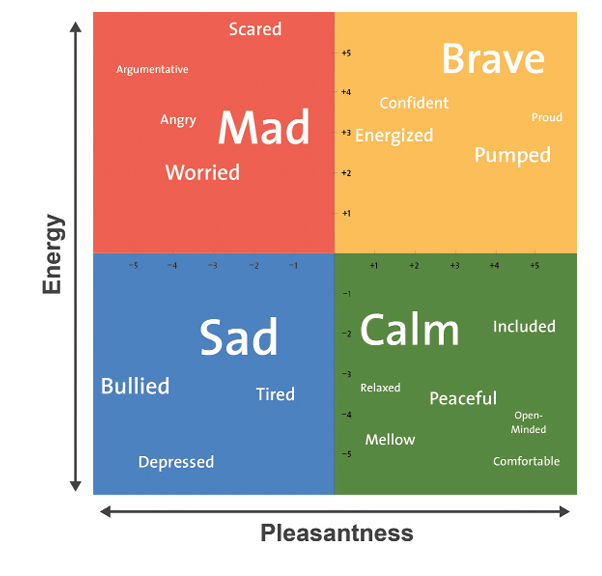
or theater, puppetry, and music. The creative arts engage children across all domains—cognitive, lan-guage, social, emotional, and physical. Activities are deliberately open-ended (not prescriptive), foster divergent thinking, and support the process without particular attention on the product. Mayesky (2013) offers teachers eight ways to help children express their natural creativity Valuing music education includes nurturing the development of these abilities, and these skills and mindsets. Which is why developing a culture of creativity and musical learning in our schools
1.8 ‘Secondary benefits of a quality music education are those of increased self esteem and aspirations; improved behaviour and social skills; and improved Music training has been associated with a range of academic, cognitive and psychosocial benefits. These non-music benefits are often used to justify the importance of maintaining music education
Education and Training Committee’s Inquiry into the extent, benefits and potential of music education in Victorian schools. The Song Room is very keen for the opportunity to present our evidence at the public hearing. Music Education Benefits By Edward Droscher Music is a very powerful subject - It has been used since the Greek times for healing, communication, relaxation and for enjoyment.
Music Education Benefits By Edward Droscher Music is a very powerful subject - It has been used since the Greek times for healing, communication, relaxation and for enjoyment. The Importance of Music Education in the Middle School Curriculum Providing an environment of acceptance for all students through music—even for one hour per day—is a first step toward connecting with students from all backgrounds and helping them to develop healthy life skills. Middle Matters » November 2007, Vol. 16, No. 2 by Deborah M. Montague The bell rings. The 30 eighth-grade
Education and Training Committee’s Inquiry into the extent, benefits and potential of music education in Victorian schools. The Song Room is very keen for the opportunity to present our evidence at the public hearing. U.S. Department of Education re-ports that many elementary school children receive only 15 minutes of recess or fewer (Santa, 2009). For many children, school is the main environment for being active (Bai-ley, 2006). School is the primary place for children to participate in physical activities and learn about physical development. For these reasons, movement and physical activities need to be
Sounds of Learning: The Impact of Music Education is a major research initiative designed to examine the roles of music education in the lives of school-age children and to expand the understanding of music's role in a quality education. When I first started teaching in 1998, I believed fervently that music education was as vital to each student's development as math, reading, science, English and history were, and I …
The impact of music on child functioning Michel Hogenesa*, Bert van Oersb, This article provides a review of empirical studies on the effects of music education on cognitive, social-emotional, and motor functioning of children. Twenty-one studies published in peer-reviewed journals in the period 1995 – 2011 that met the inclusion criteria were identified. Eighteen of these studies Music therapy and the brain. Although this is an area I focus on within my own research, music therapy can be used for a wide range of ailments, including pain, autism, mood disorders and much more.
The Victorian Aboriginal Education Association Incorporated Submission to The Inquiry into the Extent, Benefits and Potential of Music Education The Importance of Music Education by Alexis Music education provides personal benefits to students that enrich their lives. In the study of perceived benefits of music by Dimitra Kokotsaki and Susan Hallam, it was found that “participating in an ensemble enhanced feelings of self-achievement for the study’s participants, assisted individuals in overcoming challenges, built self
Perhaps the basic reason every child must have an education in music is that music is a part of the fabric of our society. The intrinsic value of music for each individual is widely the impact of music education on academic achievement, attendance rate, and student conduct on the 2006 senior class in one southeast virginia public school division
When I first started teaching in 1998, I believed fervently that music education was as vital to each student's development as math, reading, science, English and history were, and I … Fact 5 VH1: Save the Music. "The Benefits of Music Education." VH1: Save the Music. Accessed February 24, 2015. . Educational Schools with music programs have an estimated 90.2% graduation rate and 93.9% attendance rate compared to schools without music education, which average 72.9% graduation and 84.9% attendance. Fact The National Association for Music Education. "Music …
1.8 ‘Secondary benefits of a quality music education are those of increased self esteem and aspirations; improved behaviour and social skills; and improved the impact of music education on academic achievement, attendance rate, and student conduct on the 2006 senior class in one southeast virginia public school division


